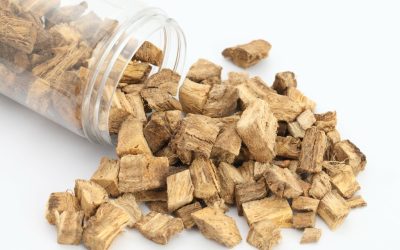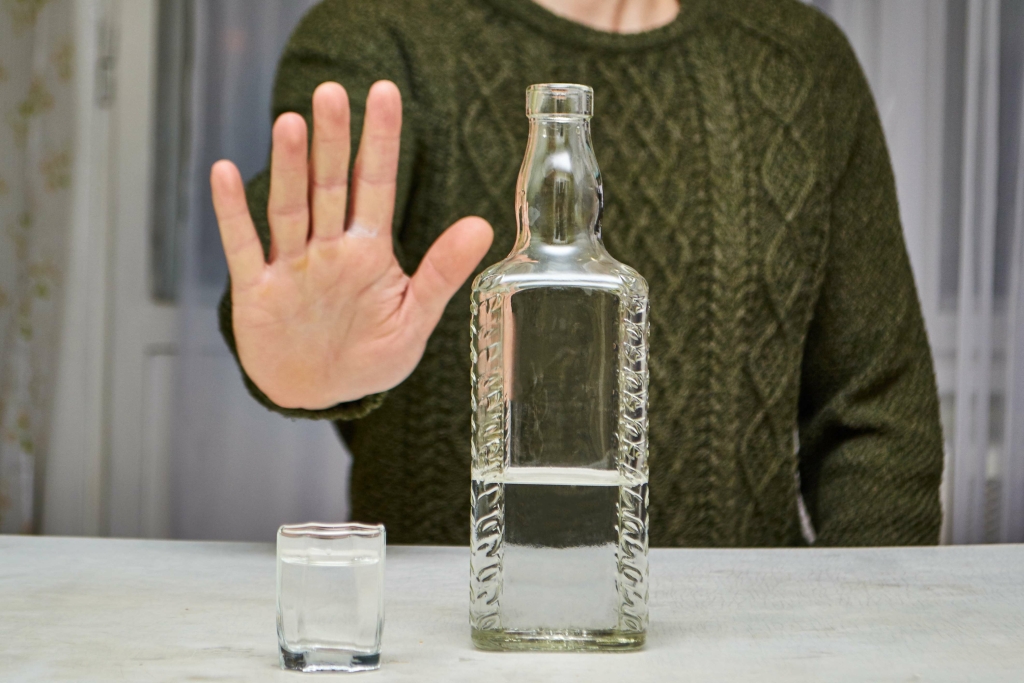This is yet another autonomic nervous system response to alcohol withdrawal. Tremors often affect the hands but can occur elsewhere in the body as well, according to the U.S. And it turns out that the core ingredients in a Hot Toddy — whiskey, hot water, honey, and lemon — do pretty much the same thing. A great decongestant, the alcohol in whiskey dilates the blood vessels, making it easier for your mucus membranes to deal with the infection.
One is that alcohol dilates blood vessels in the nose, which can cause irritation and lead to sneezing. Another possibility is that alcohol irritates the mucous membranes in the nose, causing them to swell and lead to sneezing. Many people swear by drinking water or eating food directly after a session of heavy drinking to avoid a hangover.
Can You Mix Benzodiazepines Like Xanax With Alcohol?
In extreme cases, symptoms such as difficulty breathing and anaphylaxis have been reported. In conclusion, it is important to note that approximately 8% of the population may experience an allergic reaction when consuming certain alcoholic beverages containing sulfites. While not a true allergy, these reactions can be uncomfortable and even dangerous in extreme cases. If you have an allergy to any of the ingredients used in alcoholic beverages, you may experience more severe reactions, such as hives or a rash.
If you have alcohol intolerance, your digestive system doesn’t process alcohol properly. You might also react to certain alcoholic beverages if you have a histamine or sulfites intolerance. In very rare cases, reactions to alcohol may be a sign of Hodgkin’s lymphoma. If you’re allergic to alcohol, you may experience hives, itching, swelling, difficulty breathing, and wheezing.
Chantix and Alcohol: Why Mixing Them Isn’t Safe
We rarely think of alcohol as having much to do with allergies; the usual offenders – pollen, pet dander, dust mites, environmental pollutants – get the lion’s share of negative press. But alcohol can contribute to a worsening in allergy symptoms. Some people are even allergic to alcohol itself and can experience symptoms ranging from stomach cramps to hives.
- For example, someone with an allergy to gluten might experience adverse reactions if the wine contains any trace amounts of gluten.
- OAS is an allergic reaction to certain proteins found in raw fruits and vegetables, which are also present in many alcoholic drinks.
- Allergy testing is a safe and effective way to diagnose allergies and can provide relief from uncomfortable symptoms.
- The most likely explanation is that alcohol dilates blood vessels in the nose, which can cause irritation and lead to sneezing.
Your Sellersville ENT specialist can give you more information on alcohol allergies and tips for safe consumption. People can also have an oral allergy syndrome — a reaction to fresh fruit and vegetables that may be used as a garnish or a mixer in a cocktail, according to Bassett. Hazelnut or almond in liquor can also be a problem for those https://g-markets.net/sober-living/oxford-house-recovery-homes-characteristics-and/ with an allergy to nuts. “You can get wheezing and asthma symptoms or hives,” said Bassett. Those who already suffer from asthma seem to be more vulnerable,” he said. Dec. 24, 2012— — Kristin Brown loved to drink – perhaps partied a little too much when she was in her 20s, but when she hit her 30s, alcohol suddenly hit her the wrong way.
What are the possible causes of alcohol allergy?
Knowing the potential risk posed by histamines will help ensure that the wine is safe and enjoyable for everyone to consume. Grape is the main allergen found in wine, and it is present in both red and white wines. Botrytis cinerea is a mold that causes noble rot in wine, which can also cause reactions in some people. Other molds, yeasts, proteins, and ingredients used for wine fining can also be allergens. It is important to be aware of these allergens as they may cause reactions in those who are sensitive.

Alcohol intolerance is most often due to genetic conditions and sensitivity to histamine and sulfites in alcoholic beverages. While just about anything can trigger an allergic reaction, some things (like a bee sting, peanuts, and certain foods) are more likely to trigger allergic reactions than others. It is important to be aware of any symptoms you may experience after consuming alcohol. While it can sometimes be harmless, there are times when the underlying cause could be more serious. In particular, if you have developed an intolerance or allergy to wine, then this could lead to more severe reactions such as anaphylaxis.
How can you treat alcohol allergy?
They can help determine if you’re allergic to a specific ingredient in the beer. The best treatment of allergies is to avoid the substance that triggers a reaction wherever possible. “This includes looking at ingredient/content labels of food and drink,” explains the nurse. “If you are wanting to avoid alcohol, also be cautious of foods that may have alcohol added, for example in a marinade or sauce.”
- Egg whites and gelatin are two of the most commonly used filtration agents due to their ability to absorb proteins and reduce astringency.
- Sudden onset of symptoms may also be caused by a newly developed intolerance.
- It is essential to talk with your doctor if you think you may be sulfite sensitive.
- Depending on whether a person has an alcohol allergy or intolerance, they may need to avoid alcohol entirely.
- Symptoms of this type of reaction may include headaches, skin rash and nausea.
Instead, they state that the data indicate that alcohol interacts with a component involving the body’s allergic response. Symptoms may occur within seconds or minutes of alcohol exposure and could trigger after exposure to even tiny amounts of the allergen. Avoid the beverage or beverages that seem to cause your reaction until your doctor’s appointment. If the sinuses become inflamed and swollen, a person may develop sinusitis.
Here’s What to Do If You’re Feeling Sick After Drinking Small Amounts of Alcohol
For example, people of Asian descent tend to have lower levels of ALDH. People can develop an alcohol intolerance for a couple of reasons. Read beverage labels to see whether they contain ingredients or additives you know cause a reaction, such as sulfites or certain Why Do I Sneeze When I Drink Alcohol? grains. Be aware, however, that labels might not list all ingredients. Alcohol intolerance occurs when your body doesn’t have the proper enzymes to break down (metabolize) the toxins in alcohol. This is caused by inherited (genetic) traits most often found in Asians.
